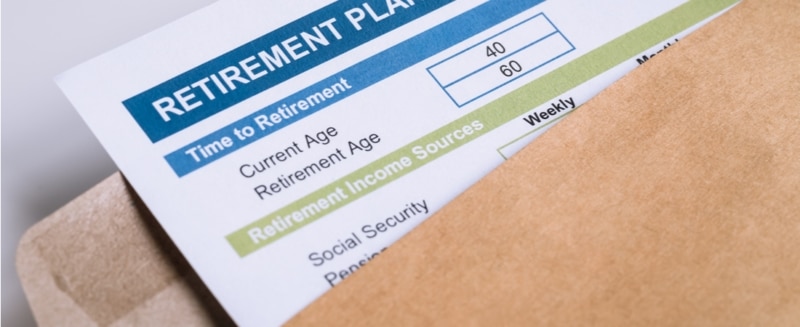The first quarter of the year is often when employers share information about your retirement account contributions. However, it’s a good idea to keep track of your contributions throughout the year. If your employee compensation package guarantees matching funds, then you’ll want to keep an eye on the numbers to make sure mistakes don’t slip through unnoticed.
Checking 401(k) contributions
Checking your 401(k) contributions and any matching funds that your employer contributes is relatively easy for most people. If your company has a human resource department, then it should have someone who keeps track of this information. Even if the office only hands out printed material during certain quarters, you can still request more up-to-date information.
Check your account online
Many employers choose retirement account plans that let investors monitor their money online. This makes it extremely simple for you to keep track of your employer’s contributions. Many plans even have websites that will give you access to software that helps you analyze how your accounts are doing. This could help you make adjustments to your investments to yield better results. Of course, you shouldn’t make any major decisions before consulting with a financial advisor.
The low-tech route
Most 401(k) plans will let you check your balance on the phone. Just call in and enter information that confirms your identity, and you can then check your balance quickly. It won’t give you any details, but it can help you stay on top of contributions. As long as you know approximately how much money your account has, you’ll know when something’s wrong.
If you are missing money
Keeping all of your 401(k) records helps ensure that all contributions end up in the right place. In addition to quarterly and annual reports that you receive, keep pay stubs showing how much money you contributed to the account. A large three-ring binder makes the perfect place to organize your information.
If you determine that your account is missing contributions, either from your employer or from your paycheck, then you need to address the situation immediately.
First, approach your HR director and point out the contradiction. He or she may have absolutely no idea that something has happened. Remember, it’s more likely that a computer glitch or banking error has caused the problem rather than someone intentionally stealing money from accounts.
If you don’t get a good answer from the HR director within a couple of days, then you might have to take further action. Again, it’s probably just a computer error, but there is a history of companies using 401(k) contributions to pay the bills during rough times. For example, the scandal that caused Enron’s bankruptcy had a lot to do with the company stealing from employee retirement accounts.
In the worst case, you might have to consult with a lawyer and contact your area’s district attorney to get the money you deserve. Depending on how much money is missing, and how many people are affected, the issue could be resolved in a matter of weeks. Then again, it could be a bigger problem that turns into a serious case. Keeping tabs on your retirement accounts throughout the year can catch a small problem before it turns into a big one.
Jeff Rose is a Certified Financial Planner who writes about financial planning topics at Good Financial Cents. His latest project, The Debt Movement, aims to help people pay off $10,000,000 of debt in 90 days. You can join the movement and get a chance to earn some of the $10,000 debt scholarship money by visiting DebtMovement.com.






